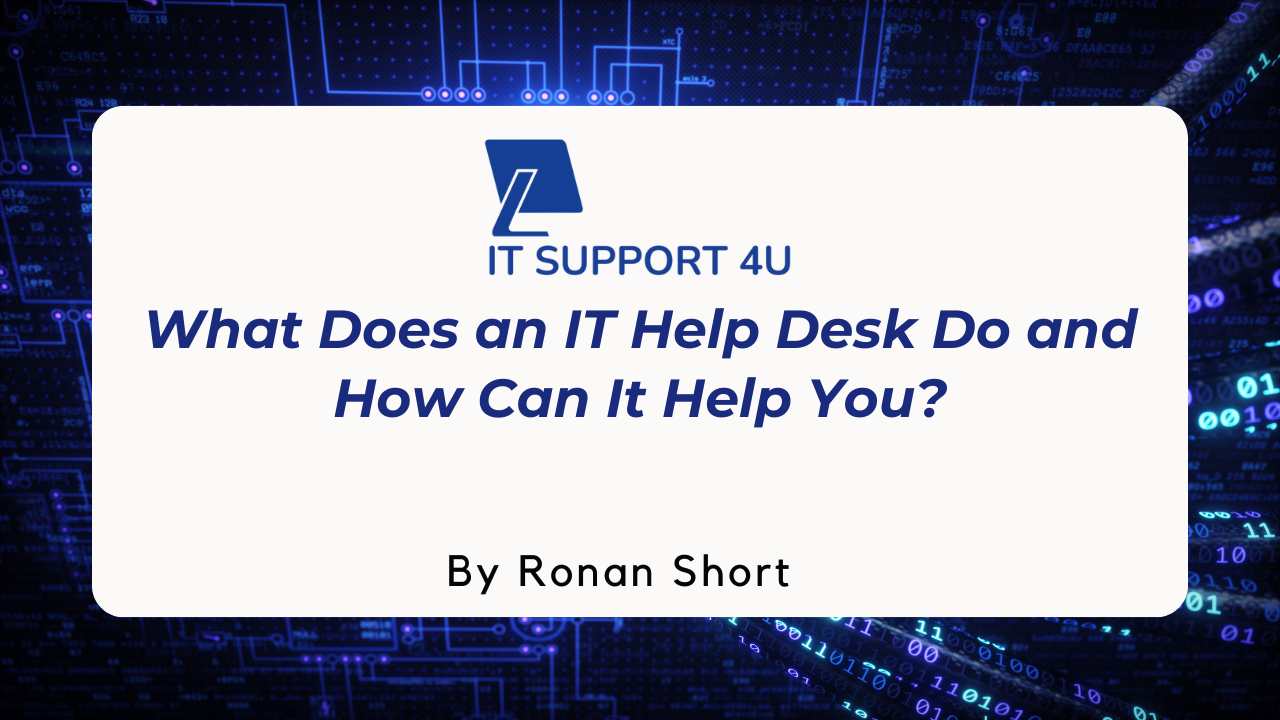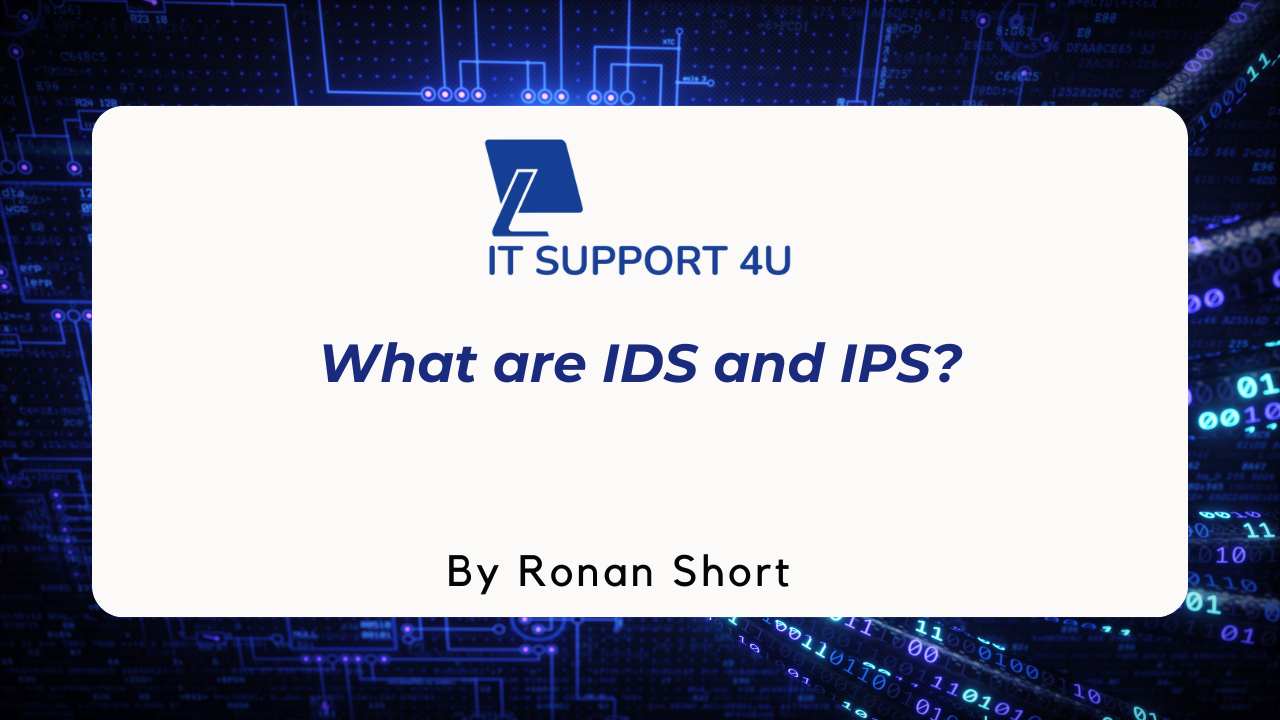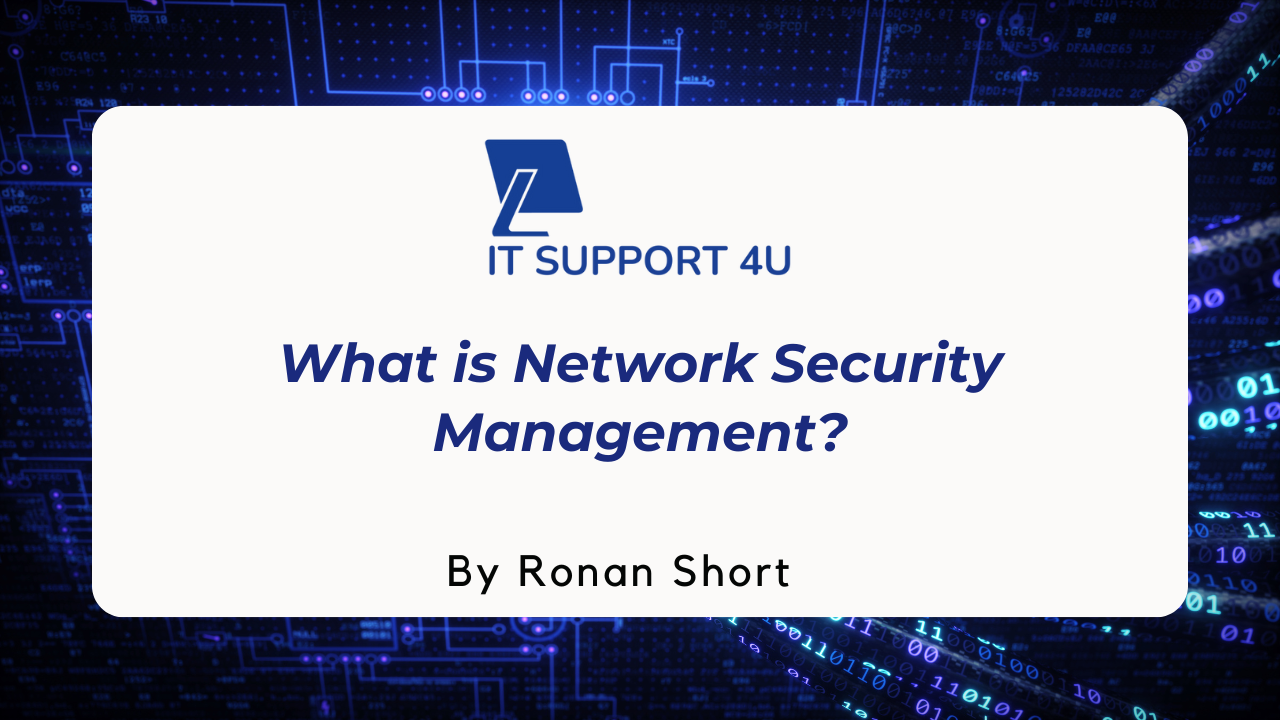Looking for the various types of network security? Network security is a cornerstone of today’s digital world, protecting sensitive data from increasing cyber threats. Every organisation, regardless of size, must use effective network security measures to protect themselves from data breaches and cyber attacks.
This not only secures critical business information but also preserves trust in digital operations.
In this blog, we will help you to discover the five essential types of network security that protect your business from cyber threats. Learn about the benefits of network security.
Ready to get into the key types of network security that can fortify your organisation’s defences? Let's start by exploring the five fundamental types that help keep your network safe.
What Are the Major Types of Network Security?
Network security is crucial for protecting the integrity, confidentiality, and accessibility of computer networks and data. Let’s list down the five primary types of network security used to safeguard systems against threats.
Firewalls
Firewalls are the first line of defence in network security. They act as barriers between untrusted external networks and your trusted internal network.
By filtering incoming and outgoing traffic based on a set of security rules, firewalls help prevent unauthorised access to your network. They can be hardware-based, software-based, or a combination of both, providing flexibility in defence tactics.
Intrusion prevention systems (IPS)
Intrusion Prevention Systems monitor network traffic to detect and prevent attacks. Unlike firewalls, IPS can take immediate action, such as blocking traffic from a suspicious source.
They play a crucial role in a comprehensive security strategy by identifying potential threats and stopping them before they cause harm.
Virtual private networks (VPN)
VPNs encrypt internet traffic, creating a secure and private network from a public internet connection. This technology is vital for protecting sensitive data in transit, particularly for remote workers accessing company resources from outside the corporate network.
VPNs ensure that data is shielded from eavesdroppers, making it essential for maintaining digital privacy and security.
Email security
Email security protects organisations from threats posed via email. It involves technologies that block incoming attacks and control outbound messages to prevent the loss of sensitive data.
This type of security is essential as email is often the method of choice for phishing attacks and other malicious activities aiming to violate corporate defences.
Network segmentation
Network segmentation divides a network into multiple segments or subnets, each acting as a separate, smaller network. This method enhances security and performance by containing network problems within one segment, preventing them from spreading across the network.
It also simplifies management by isolating groups of devices and traffic, making it easier to enforce security policies.
These foundational network security measures form the bedrock upon which organisations can build a strong cybersecurity framework. Implementing these systems not only protects valuable data but also fortifies the network against evolving threats.
What Are the Benefits of Network Security?
Network security is not just about protecting data; it's a comprehensive approach that benefits an organisation in several key areas. Here’s how:
Protects against cyber threats
The primary benefit of network security is its ability to protect against a variety of cyber threats such as viruses, worms, and hackers.
Implementing strong network security measures like firewalls and intrusion detection systems ensures that disruptive attempts do not compromise your data.
Protects sensitive information
Network security systems are crucial for protecting sensitive information from unauthorised access. This is especially important for industries handling personal data, financial information, or intellectual property.
By encrypting data and enforcing strict access controls, network security helps keep sensitive data out of the wrong hands.
Ensures business continuity
A strong network security setup helps ensure business continuity by minimising the risk of downtime caused by dangerous attacks.
By keeping the network up and running smoothly, businesses can avoid the costly interruptions that come from security breaches.
Enhances productivity
Network security also enhances productivity by preventing harmful content and websites from consuming bandwidth and potentially distracting employees.
Tools like content filtering can keep inappropriate content out of the workplace and maintain a focus on business tasks.
Builds trust with customers
Finally, strong network security practices build trust with customers. In an era where data breaches are frequently in the news, showing that you are proactive about cybersecurity can improve your company’s reputation and lead to increased customer confidence and loyalty.
These benefits highlight just how crucial network security is for any organisation. By understanding and implementing effective network security measures, businesses can protect themselves against threats, ensure the safety of their data, and build a more trustworthy relationship with their customers.
Conclusion
We've explored the five fundamental types of network security: firewalls, intrusion prevention systems, virtual private networks, email security, and network segmentation. Each plays a crucial role in protecting your organisation from cyber threats, protecting sensitive information, and ensuring business continuity.
By understanding and deploying these layers of security, you can enhance productivity and build trust with your customers.
Looking to strengthen your network's defences? Contact IT Support 4U today to learn more about our managed IT and cybersecurity services. Let us help you secure your network and protect your critical assets.
Get an IT Plan Today!













